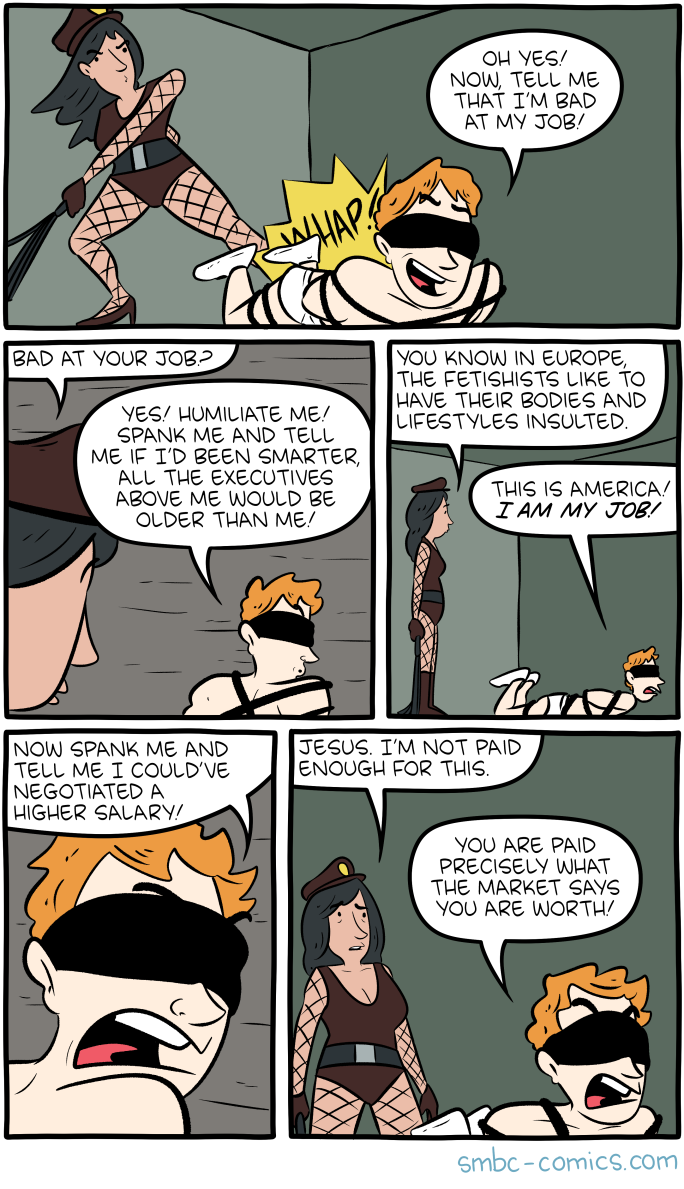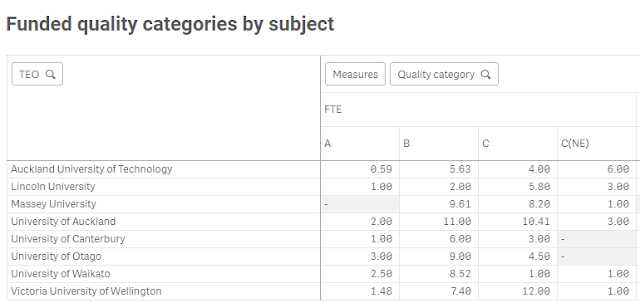Damian Christie
expects worries that allowing pharmacy sales of pseudoephedrine would see an increase in meth supply, or at least a resumption of home cooking.
I'll work through my logic here; y'all can tell me what I've messed up.
Prior to the ban on pseudoephedrine,* folks would go from pharmacy to pharmacy buying up enough cold medicine to start cooking, then they'd use that to make meth. Under that system, pre-2009, meth sold for about $700 per gram. That price would reflect the cost of materials, the hassle of collecting them, the time involved in cooking, compensation for the expertise involved in cooking, the costs of sourcing a site for cooking, and a hefty risk premium for being involved in an illegal market.
Since the ban, the market has shifted to importation of finished product. That finished product sells at less than $500 per gram.
I think that some of the disagreement here comes from how we're viewing costs and prices.
If you think that the underlying 'real' cost of home-cooking meth is just the cost of getting pseudoephedrine (buying it, time spent walking from pharmacy to pharmacy), the cost of additional chemicals, and maybe a bit of compensation for the cook's time, then it's easy to imagine being able to undercut the $500/gram price. So allowing pharmacies to start selling the stuff again then sounds risky.
But if that were the case, why wasn't there massive entry into p manufacturing prior to 2009? If there were decent returns to be had at a $500/gram price point, the profits at $700/gram would have been
substantially higher. Why wasn't the price of meth, back in 2009, bid down to $500/gram or less
if there were still substantial profits there to be made?
To me, evidence of 2008 prices well in excess of current prices suggests strongly there would be no substantial resumption of cooking meth from pseudoephedrine if we again legalised the decent cold medication. The current supply chain is able to deliver meth to consumers at a much lower price point than the previous supply arrangement. That suggests the costs involved in the current supply chain are far lower than the costs under the prior regime.
Potential objections, and I think there are some potentially good ones:
- If that's all true, why didn't they adopt the current supply chain earlier?
- There could have been a generalised reduction in risk premiums in meth that has hit all potential ways of running a meth supply chain.
- Prices also reflect industry organisation. Ex ante prices depended on local cartel behaviour enforced by local gangs. Current structure may differ from that. So the 2008 prices were propped up by the prevention of entry enforced by the gangs.
- Something else I haven't thought of.
Ok.
The first one I owe to Paul Walker on Twitter. There are a few potential reasons why the 2008 meth supply chain hadn't shifted to the current supply chain. Local gangs may have lacked international supply contacts, and may have worked to keep out potential entry by international players. There could have been fairly substantial fixed costs in establishing those supply chains that none of the 2008 players were willing or able to front. Perhaps someone who knows more about the local industry can help fill in the blanks here.
The second one - imagine that the police just kinda gave up on meth.
They stopped reporting on progress on meth back in 2015, when it was looking pretty obvious that the drugs had won the drug war. If they gave up, then it would be cheaper to cook meth from pseudoephedrine now than it was in 2008, so that product could be delivered at a lower price point. Alternatively, if there have been tech developments in small-batch cooking that have radically lowered the cost of production in that sector since 2008, then 2008 prices may not be the best guide. If that's happened, and someone can point me to evidence on it, that'd be helpful. In either of those cases, you could see a re-emergence of a local industry making meth out of cold medicine.
Finally, industry organisation. Imagine that, pre-2008, we had a monopoly gang running meth supply. Imagine it controlled everything and restricted supply to keep prices up. The early prices then reflected monopoly profits rather than just real production costs and real risk premiums. But for that to affect the relative cost of importing meth versus cooking it from pharmacy medicines, the switch in the supply chain would also have had to have broken the cartel/monopoly. In that case, current prices are competitive; prior prices were inflated by monopoly/cartel profits; and, relative prices between the two points don't tell us about the relative costs of the two production methods. If we still had a monopoly importer/distributor that just flipped supply chains, the lower price would reflect monopoly profit maximisation under a lower cost structure. It feels like you need the current model to be far more competitive than the prior model to reckon out of this that cooking meth from cold medicine might have any cost advantage. And that just seems odd when the prior model had lots of small scale folks buying cold medicine and the current one has more sophisticated import methods.
It just doesn't seem plausible that small-batch cooking is in any way cost-competitive with the meth that's currently imported. There are mechanisms that can get you there, but they just seem far less likely than the rather simpler model: it's just gotten a heck of a lot easier to import methamphetamine out of Asia that's reportedly of better purity.
Bottom line: my odds-on expectation is that a resumption of pharmacy sales of pseudoephedrine-based cold medicine would not see any substantial re-emergence of that way of making meth. There might be a few cases here and there of folks giving it a go for their own supply or a bit of social supply, but they'd have a tough time competing with current imports - unless something happened to make importing meth a lot harder.
* Yes I know that it's still available by prescription. But that's a ban in all but name. If the worst of a cold takes 48 hours to pass and it takes 48 hours to get a doctor's appointment to get a prescription, you just can't get decent cold medication when you get a cold. You have to have a doctor willing to provide a prescription in case you get a cold later, and a pharmacist willing to fill the prescription, and the hassle of setting a doctor's appointment, and the cost of a doctor's appointment.





